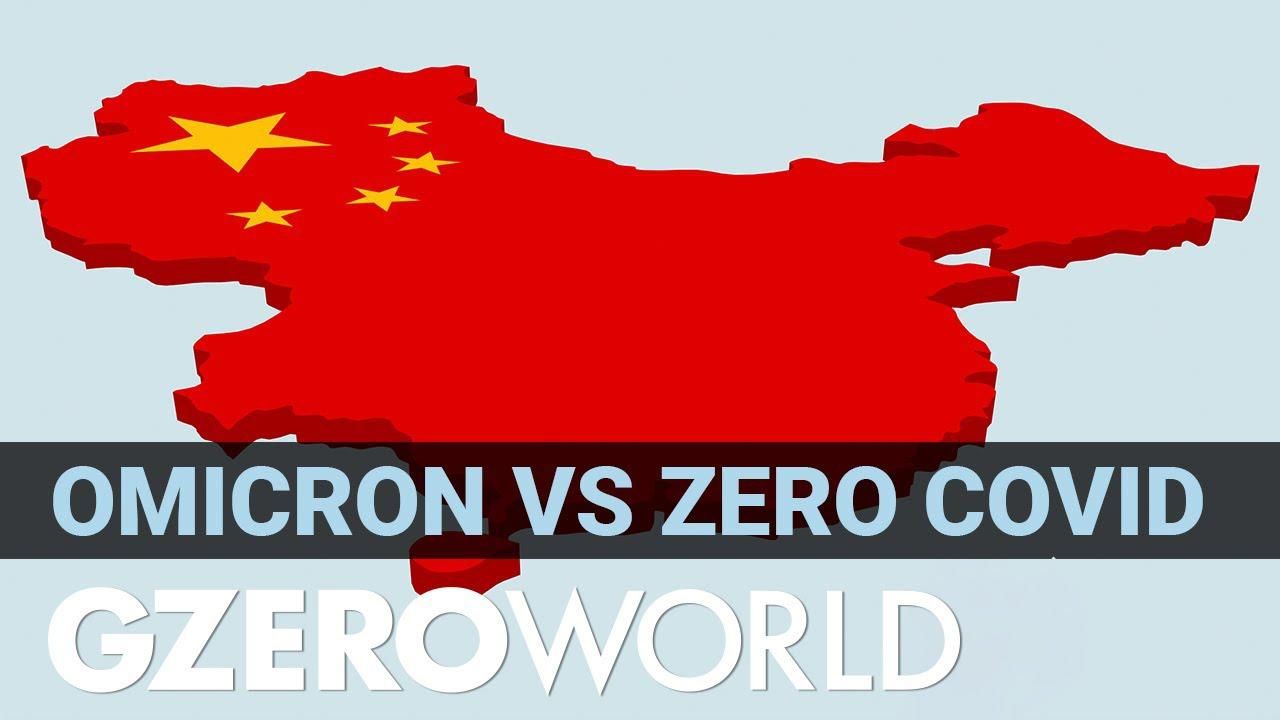
Omicron is here. The bad news is that it's more contagious. The good news is that mRNA vaccines work against death and hospitalization. COVID may soon become endemic in some parts of the world.
Not in China, where Xi Jinping's zero-COVID approach faces its toughest test to date with omicron. Why? Because China lacks mRNA jabs, and so few Chinese people have gotten COVID that overall protection is very low.
Get ready for a wave of lockdowns that'll severely disrupt the world's second-largest economy — just a month out from the Beijing Winter Olympics.
That could spell disaster for Beijing, Yanzhong Huang, senior fellow for global health at the Council on Foreign Relations, tells Ian Bremmer on this week's episode of GZERO World.
Still, he says zero COVID remains popular with most Chinese people.
If things get really bad, though, Huang believes China will pivot to living with the virus, especially as the cost of keeping zero COVID in the age of omicron becomes too high. He thinks that's the right move for Xi.
Indeed, Huang expects China to start reversing course soon after the Games, and when the pandemic becomes endemic in other parts of the world. Beijing will throw in the towel on zero tolerance in 1-2 years, max.
Also, a look at vaccine incentives around the world. Do prizes like cows and brothel visits actually convince holdouts to get the jab?
Subscribe to GZERO Media's YouTube channel to get notifications when new episodes are published.
- Is omicron the best thing that's happened since the pandemic started ... ›
- China's pandemic playbook will fail with Omicron — Laura Yasaitis ... ›
- China's coming COVID crisis? - GZERO Media ›
- The problem with China's Zero COVID strategy | GZERO World ... ›
- Ian Bremmer: Zero COVID no longer works, and China will pay a ... ›
- End of globalization for Russia - GZERO Media ›
- Podcast: China's uphill battles, from Putin to COVID: Newsweek's Melinda Liu - GZERO Media ›
- COVID immunity gap could spell disaster for China — global health expert - GZERO Media ›